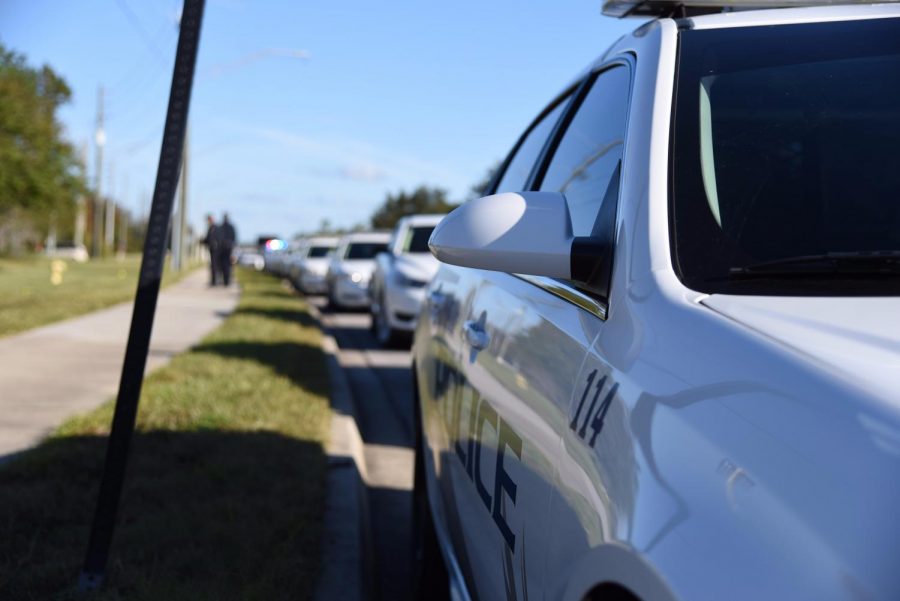Current economic and job market conditions have more students considering graduate school as a way to weather the financial storm and improve their outlook upon graduation.
A recent survey conducted by Kaplan shows 75 percent of business schools report admissions have become more competitive at the graduate level than three years ago. And with unemployment figures in Florida at their highest in nearly 15 years, new graduates will have to decide whether going into the work world or continuing education is for them.
The Test Prep and Admissions area of focus has witnessed a 200-percent increase in student attendance of seminars and practice tests in 2008, said Russel Schaffer, Kaplan senior communications manager.
“The increased interest reflects a historical trend, many view grad school as a safe haven to ride out the job market,” Schaffer said.
He believes the recent six percent increase in the GMAT – the admissions exam required by most MBA programs – is an early indicator of the increasing number of students who will apply to graduate business schools, he said.
“In any economic downturn, there’s going to be a lot of students who didn’t think about grad school in the past who will be applying,” Schaffer said.
Keith Martin, director of the UNF Graduate School, said he witnessed a steady increasing trend of graduate school applications since Fall 2005.
“Graduate schools across the nation typically see an upswing in applications when the economy starts to falter,” Martin said.
He believes many pursue higher degrees because of recent layoffs, to pursue different fields and to make themselves more secure in their current positions, he said. Many recent graduates wanting to ride out the bad economy and expand their education are considering higher degrees.
But with more applications coming in and competition on the rise, students might find it harder to get into the graduate programs of their choice.
“Gaining admission to business, grad and law school requires a lot more than filling out an application,” Schaffer said. “For those looking to start a graduate education in 2009, now would be a good time to start. It can take one or two years of preparation to enter,” Shaffer said.
For students who are thinking about going on to graduate school, there is much more to consider than current economic conditions, Martin said.
“I think location is probably the first thing people need to answer to themselves,” Martin said.
He feels a student’s hometown, family and expenses related to moving are all important factors in deciding, he said.
While applying for graduate school is very similar to the college application, one of the biggest changes students face is the lack of financial aid at the graduate level. That’s an issue that might frighten some students who are already graduating with nearly $20,000 in student loan debts upon completion of their bachelor’s, according to the Web site finaid.org
Martin suggests students consider universities that offer teaching or research assistanceships that offer tuition waivers to cover 50 percent to 80 percent.
A lot of students are burned out after completing a bachelor’s, and many need to pay debts, Martin said. But he suggests students wanting to pursue higher education do so immediately.
“It gets very difficult to stop what you are doing and go back to get a master’s degree once life goes on,” he said.
Students need to consider the outcome of earning a graduate degree, Martin said.
“With more education, you are honing in on what you are going to do,” Martin said. “You’re actually narrowing your options.”
E-mail Jonathan Morales at news@unfspinnaker.com.











